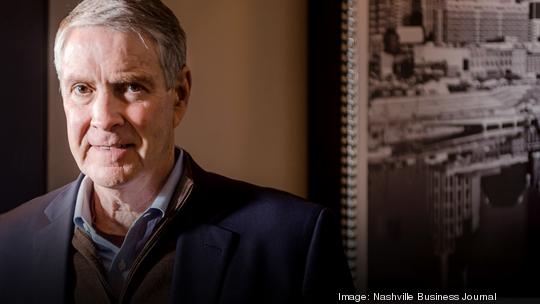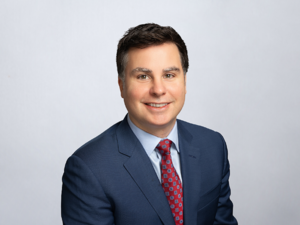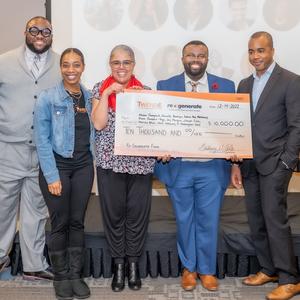
When Bill Frist founded the Vanderbilt Transplant Center a little more than 30 years ago, the heart surgeon could no longer just focus on cardiac patients — he had to oversee kidney transplants, among other procedures, as well.
“I started looking at the way people got on dialysis back then and over half of them come crashing into Vanderbilt with end-stage renal disease failure and they didn’t even know they had kidney disease,” Frist said. “I started thinking back then: What if we could predict or identify early on those who have early kidney disease, instead of it progressing to the point they got so sick they come into the emergency room with kidney failure?”
Frist got a big boost toward making the answer to that question a reality this week, when Monogram Health —the company he co-founded with CEO Michael Uchrin — closed a $160 million round of funding, led by private equity firm TPG Capital.
The round was joined by existing investors Frist Cressey Ventures and Norwest Venture Partners, as well as Louisville-based insurance giant Humana Inc. and other strategic investors.
Founded in January 2019, the kidney disease management company works with health insurance plans, such as Humana Medicare Advantage and Commercial, to care for chronic kidney disease patients inside their homes across 20 states. Depending on the stage of the patient’s disease, Monogram works to either stabilize a patient’s disease progression, prepare the patient for dialysis or transplant or improve treatment results for patients already on dialysis.
Uchrin said Monogram will use the funds to expand into six new states this year, make a “significant” number of hires at its Nashville headquarters and new operations center in Arizona, as well as make several key executive hires. Frist, who is Monogram's chairman, said the company’s goal is to eventually be in all 50 states.
However, a large portion of funds will go toward investing in technology to further the goal Frist set 30 years ago to identify kidney disease patients before they reach kidney failure, allowing them to receive early treatment.
Through evidence-based data analytics, Frist said it’s now possible to identify early-stage patients with kidney disease, much the way his previous company, Aspire Health, did in identifying patients that would need palliative care. Monogram is doing that now, Frist said, but the new funds will allow the company to hire a larger team to ramp up its platform.
“The big part is data analytics. It’s really important to identify patients early on and then track them to prevent them from having to go on dialysis or ultimately need a transplant,” Frist said. “To have that data and use that data, most people are not doing that. With that, you can get a much higher quality of life for patients and their families.”
Technology is one of the reasons San Francisco-based TPG Capital was the the right partner for Monogram, Frist said, as they have a history of innovation, data analytics and information technology.
Another reason was their size, he said. TPG Capital has invested more than $21 billion into the health care sector since 2003, according to its website, and is the private equity platform of global alternative asset firm TPG.
“They can start with us, we are still relatively small in terms of going nationwide and global, but they can take us all the way,” Frist said.
Humana makes for the right second partner in the round because of their large Medicare Advantage business, he said. Because of the enactment of the 21st Century Cures Act, Medicare beneficiaries with end-stage renal disease can now enroll in Medicare Advantage plans through private insurers for the first time.
“It’s [TPG and Humana’s] reputation, their track record, their resources, in terms of really partnering with companies to make them more successful,” Uchrin said. “[This year] we’re going to continue to build out the current states that we’re in, add an additional six states and contract with several additional insurance partners. There’s keen interest across the board because of our differentiated model.”






